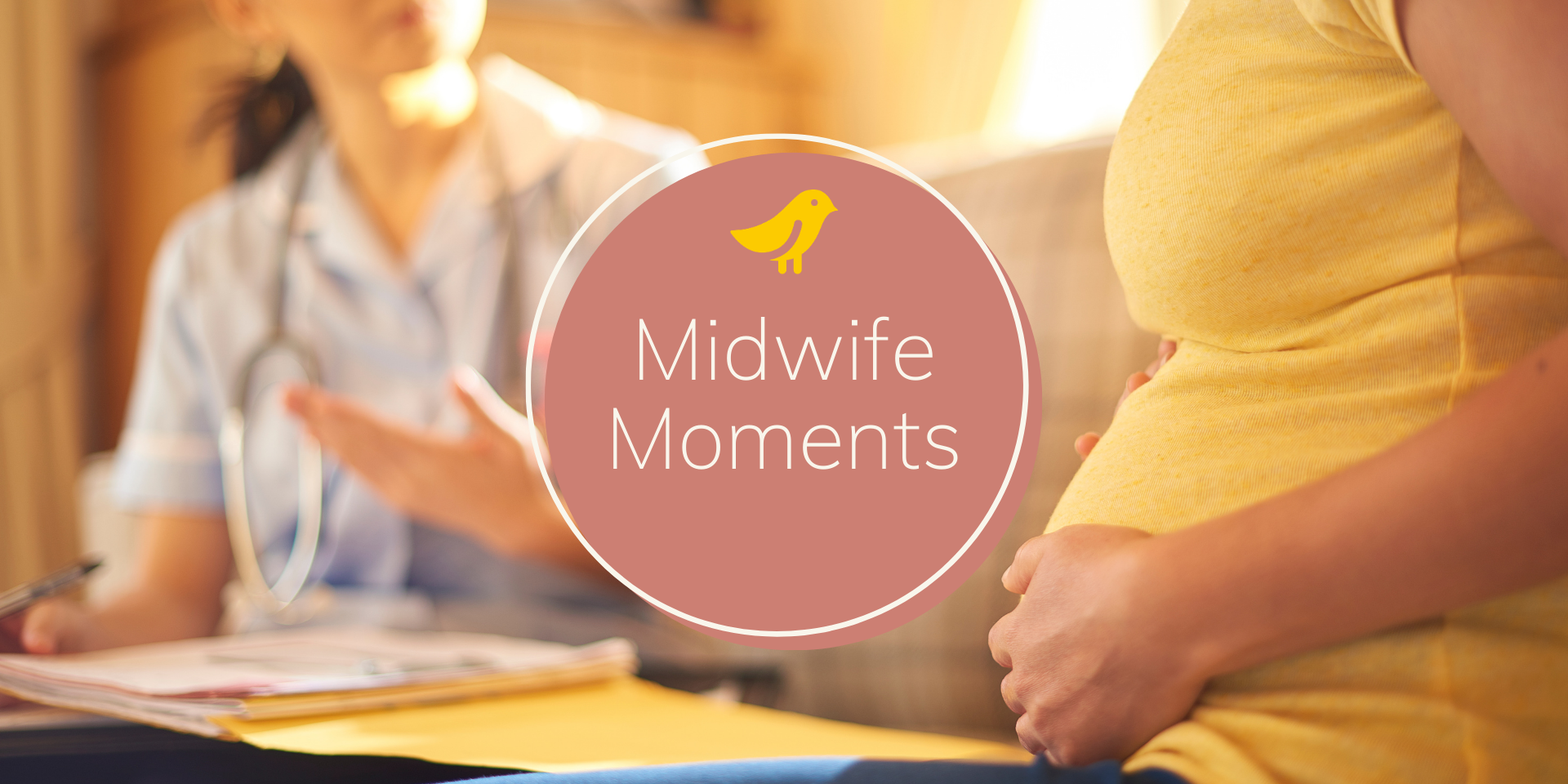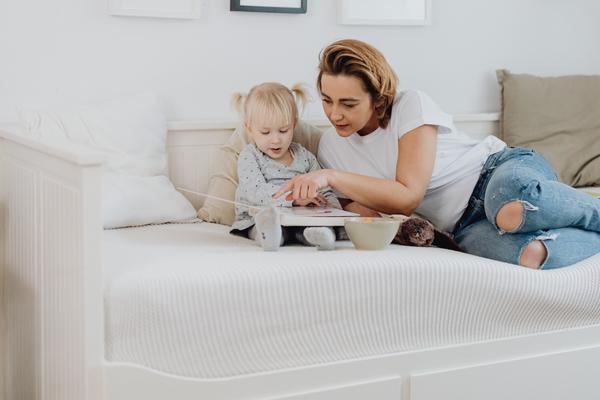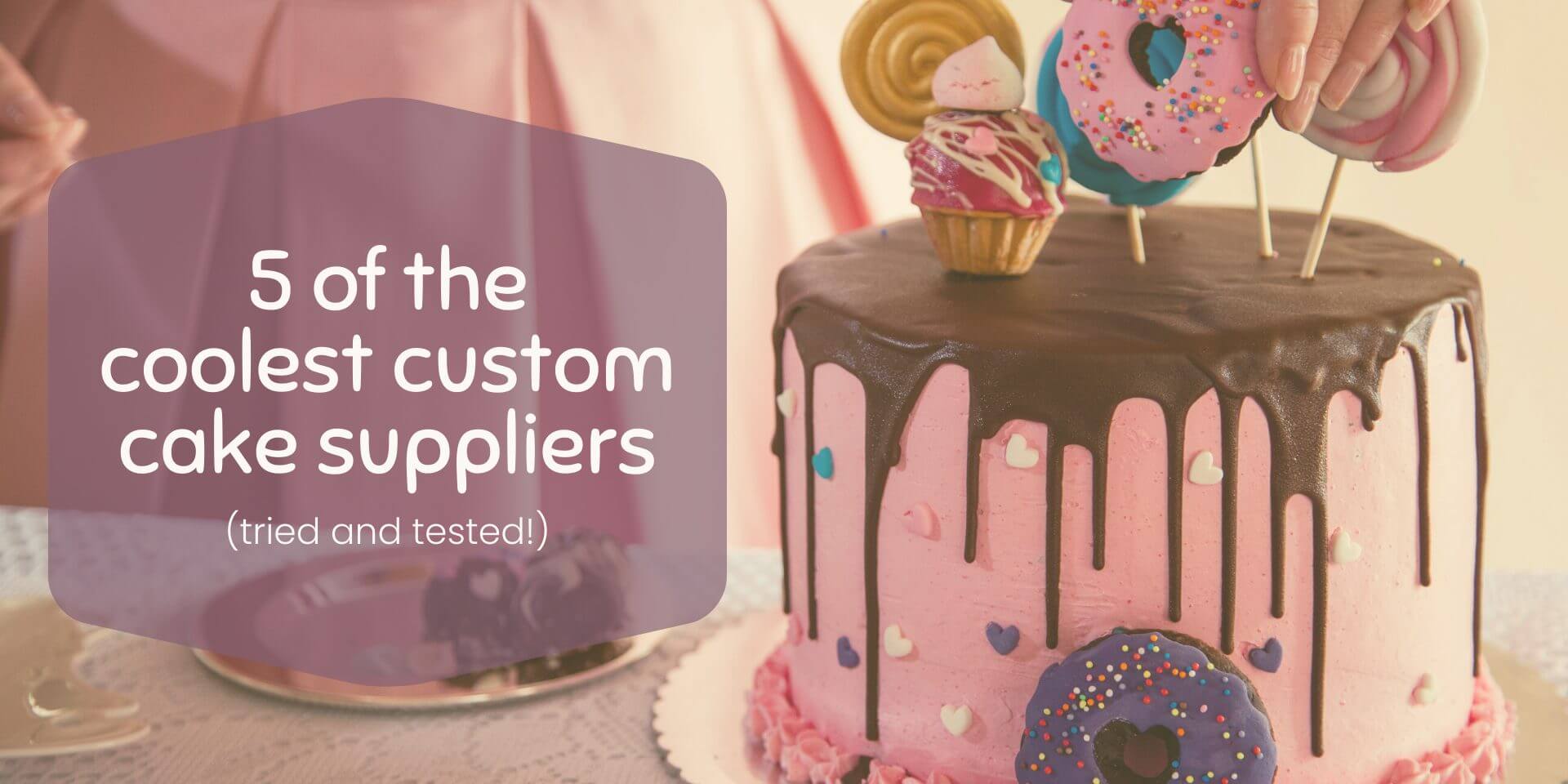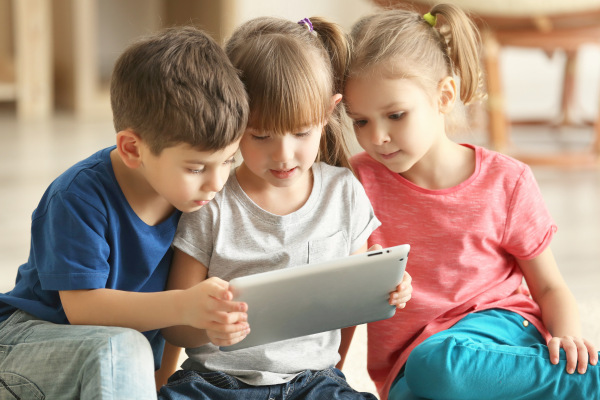Knowledge is power, and at Island Bébé we are passionate about empowering new mums and dads as they embark upon the exciting and challenging journey of parenthood.
With that in mind, we are delighted to welcome Rebecca Mizzi onboard for our new Midwife Moments series. Throughout this series we will be sharing valuable insights and advice from the frontline of the birthing experience to help you prepare for your new arrival.
Rebecca Mizzi is a senior midwife and KGHypnobirthing teacher – and as a mother of a 2-year-old daughter, has been on both sides of the birthing experience. As part of this series, she will be sharing her midwife moments with us. But first, let’s get to know her!
What made you decide to become a midwife?
Growing up I was always fascinated with babies, and I always knew I would take on a career caring for others. A family friend was a midwife so when I was 16 I asked her about a future career in midwifery, and then I was hooked. Once at university I knew straight away I had found something I was very passionate about.
What has surprised you most in your experience as a midwife so far?
I think for me the most eye-opening experience was when I went to a hospital in Tanzania with a local volunteer group. It was a wonderful yet challenging experience. We had taken up some equipment and tools for them, one of which was a hot water bottle (used for backpain in labour). We then realised that to get hot water you had to walk to a completely different building…that was a real eye opener of how much we take for granted!
At the same time while carrying out training sessions for the doctors, nurses and midwives at this hospital, we realised there were also things we had in common. Midwifery and birth practices vary so much by culture. Yet at the same time birth is the same no matter where you are.
How has midwifery evolved since you first started on this career path?
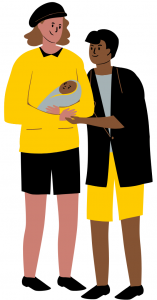
The art of midwifery, for example being with woman, watching and waiting and the use of therapeutic touch, has remained the same. However, the science of midwifery is forever evolving. Compared to when I started my midwifery training in 2008, more research has come out about the biomechanics of birth, the microbiome, care practices and more.
Also, the introduction of birthing balls and birthing stools in the clinical area allow for various birthing positions. They weren’t as commonly used when I started my training, whereas today they are common practice.
What are the maternity challenges of today, and do you think they have changed from those of previous generations?
The challenge today is that care tends to be fragmented. In the past, the community midwife was known by name by all in the village, and she was a well-respected and integral part of the community. Nowadays, families meet multiple midwives at hospital, as care is transferred from antenatal to labour, and to postnatal.
Although we give a thorough handover of care between midwives, for the family, these are all new faces. Continuity of carer has shown to have so many advantages for the mother and baby, including less likelihood of having a preterm birth and of having an episiotomy, as was found in a recent review of the latest evidence.
A midwife impacts a family in more ways than I expected as a new mother, you are there for the creation of that family. How does it feel to have such an intense and emotional bond with a family for such a short space of time?
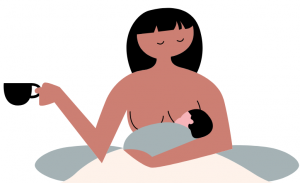
It’s the best feeling in the world, and it’s made better when you meet a family again with a consequent baby, or when you meet them outside of hospital with their babies now grown up into toddlers or children…and I suppose the day may come when eventually I will take care of a mother whose mother I would have assisted in her own labour.
Midwifery can also be very emotionally and physically taxing work, so it’s important to prioritise self-care, not as easy for me nowadays with a toddler, but important just the same. We can’t pour from an empty cup.
The scope of Midwifery is vast, which area do you focus on and why?
Yes, midwifery is very vast, with our role stretching from preconception care and women’s health, pregnancy care, labour and birth, to postnatal, baby care, and mental health. It is a clinical role but also an educating, supporting and spiritual role.
It’s not always easy to do so, but my clinical experience so far has allowed me to work in various settings and I’ve also trained as a KGHypnobirthing teacher. As well as being involved with the Positive Birth Movement Malta, my master’s dissertation was on parents’ experiences of the birth environment. So, I suppose you could say that my pet area is optimising families’ positive birth experiences.
Has becoming a mother yourself changed your perspective or taught you anything new?
 I lived abroad with my newborn and took parental leave to be able to do this. This impacted my parenting style and as a midwife has changed the way I take care of expats families, as I understand first-hand some of the difficulties they may face.
I lived abroad with my newborn and took parental leave to be able to do this. This impacted my parenting style and as a midwife has changed the way I take care of expats families, as I understand first-hand some of the difficulties they may face.
Becoming a new mother myself taught me how much mothers need other mothers. I used to naively think that as midwives we can provide all the support, care and nourishment a new family needs. But now I appreciate how, after the first few weeks, the mother/father also need another mother/father who’s going to answer their text in middle of the night because they’re also awake with their little one.
To meet up at local mother-and-baby groups and simply say ‘I know how you feel, we are also going through the exact same thing right now, let’s be strong together.’ I’d really like to see more mothers connecting and supporting each other, because this form of support is so valuable in early parenting.
You use social media to communicate your message which is not something typically associated with midwifery. How are you finding the response and what do you feel are the benefits of using these channels?
I started my @mum.midwife Instagram account at the end of my pregnancy as a way to remain in touch with the professional world of midwifery, as well as to document my own personal journey into motherhood.
There is an increasing amount of pregnancy, birth and parenting content on social media, and I believe the midwifery profession should be contributing to this and using this channel to connect with families, especially in this time of social distancing. However social media content can never replace the hands-on care of a midwife when it’s needed.
What’s an essential piece of advice to help someone mentally prepare for birth and beyond?
Most importantly, trust your body and follow your maternal instincts. But also seek updated information and professional help from trusted and reliable sources. When possible it’s also of great value to spend the last days and weeks of pregnancy focusing on yourself and your own needs- both physically and emotionally.
I found the 4th trimester to be very real. How would you define it in your own words, and what can new parents do to make it a bit easier on themselves?
The 4th trimester is a time of transition for all involved- the parents and the baby. It’s an extension of pregnancy when the mother and baby need to be held and nurtured. I think the sooner you embrace the fact that your life is going to change with your new addition, the easier this transition will be.
Big thanks to Rebecca for sharing her wonderful experiences with us. Can’t wait for her first Midwife Moments article, coming soon!
